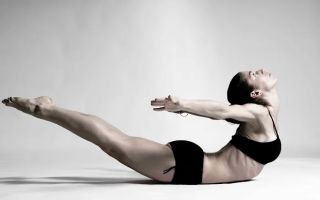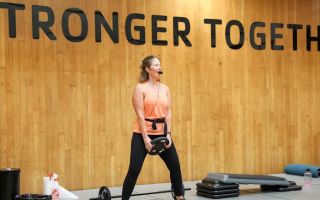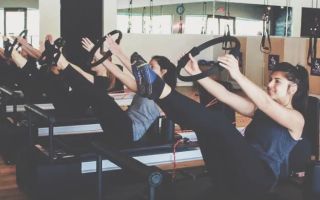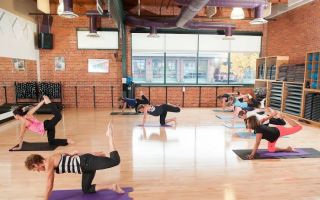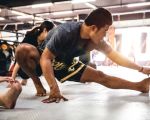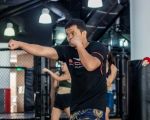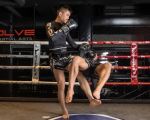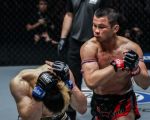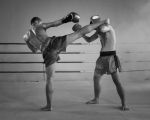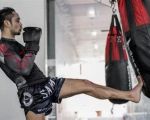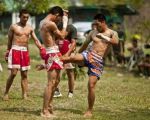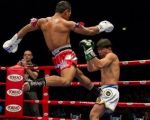Common Muay Thai Mistakes to Avoid and How to Improve Your Techniques
- 1. Poor Footwork: The Foundation of Muay Thai
- 2. Incorrect Guard Position
- 3. Neglecting Conditioning and Flexibility
- 4. Overcommitting to Punches and Kicks
- 5. Lack of Strategy and Understanding the Opponent
1. Poor Footwork: The Foundation of Muay Thai
In Muay Thai, footwork is the backbone of your ability to attack, defend, and move efficiently in the ring. One common mistake beginners make is neglecting footwork, often leading to poor positioning and vulnerability to attacks. Good footwork ensures that you maintain balance while being able to move in and out of range quickly. Without this, even the most powerful strikes become ineffective, as you cannot close the distance properly or defend yourself from incoming attacks.
To improve, focus on small, quick steps that allow you to pivot and maintain a strong stance. Practice moving in all directions and ensure your feet are always positioned to support your next move, whether it’s an attack or a retreat.
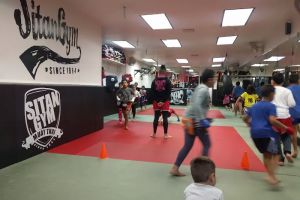
Sitan Gym Muay Thai
25-34 Steinway St, Astoria, NY 11103, USA
2. Incorrect Guard Position
A common Muay Thai mistake is having an improper guard. A poor guard position leaves you open to strikes, which can cost you crucial points in a match or leave you vulnerable to a knockout. One of the mistakes is holding your hands too low, which makes it difficult to defend against head kicks or punches. Conversely, a guard that’s too high or too tight can also hinder your ability to strike or move freely.
To correct this, ensure that your guard is dynamic. Keep your hands at chin height with your elbows tucked in to protect your body. Always keep your guard flexible, so you can transition quickly between offense and defense.

Sityodtong Muay Thai Academy
100 Broadway, Somerville, MA 02145, USA
3. Neglecting Conditioning and Flexibility
Muay Thai demands peak physical conditioning, as it involves constant movement, striking, and defending. Many fighters make the mistake of focusing solely on techniques and neglecting their physical fitness. While striking drills and sparring are essential, strength, cardiovascular fitness, and flexibility are critical components of your overall Muay Thai game.
To improve, include running, strength training, and flexibility exercises in your routine. Yoga and dynamic stretching can improve flexibility, allowing you to throw more fluid strikes while reducing the risk of injury.
4. Overcommitting to Punches and Kicks
Overcommitting to a punch or kick can leave you wide open for counterattacks. It’s common for beginners to throw their strikes with excessive force, which leads to losing balance and control. Strikes should be controlled and precise rather than wild and forceful. Overcommitting often means you're focused too much on landing a powerful shot and not on maintaining defensive awareness.
To avoid this mistake, focus on accuracy over power. Make sure each strike is delivered with control, and always be ready to follow up with defensive movements or combination strikes.
5. Lack of Strategy and Understanding the Opponent
Muay Thai is not just about throwing punches and kicks — it’s about understanding the rhythm of your opponent and knowing when to attack, defend, or feint. Many beginners make the mistake of approaching Muay Thai with an overzealous, attack-first mentality, without considering the strategy behind the movements. This often leads to exhaustion and poor decision-making in the ring.
To improve your strategy, study your opponent’s movements and adjust your attacks based on their weaknesses. Use feints, jab variations, and controlled aggression to keep them off-balance. Working with a coach to develop a ring strategy will improve your overall performance and increase your chances of success.
By recognizing and correcting these common Muay Thai mistakes, you can significantly enhance your skills and progress in your training. Ready to take your Muay Thai to the next level? Check out more tips and training resources at Humble Challenger to continue improving your technique and fitness.



